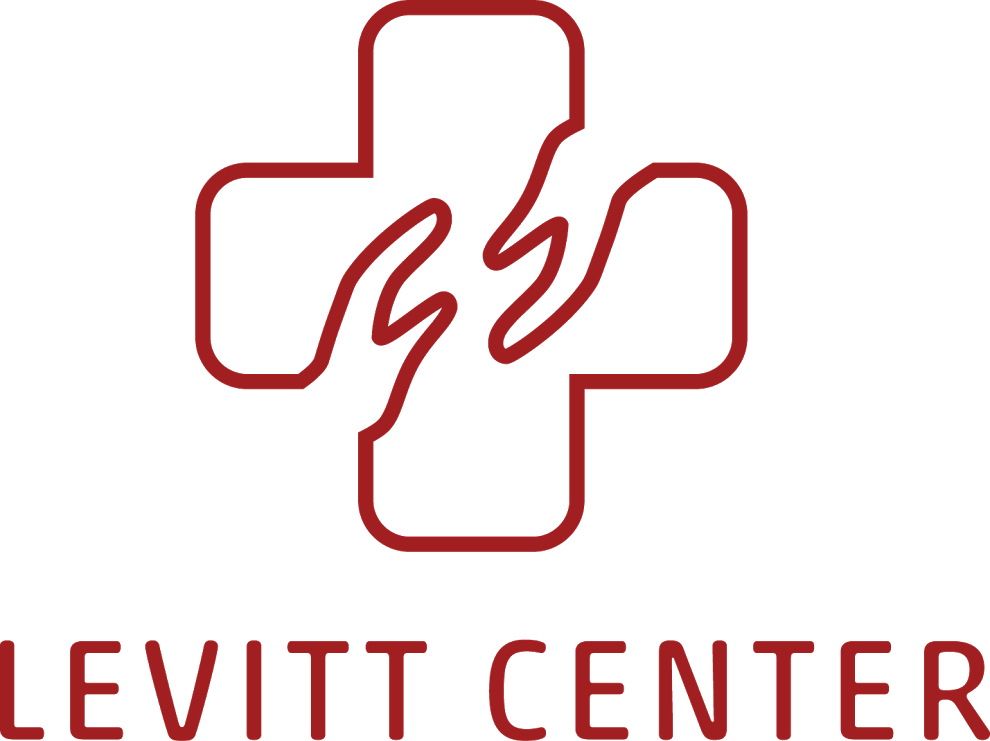Lynton Scholar Tehreem Rehman Reflects on the SEM Consensus Conference, September 2017
As someone just about to begin training in Emergency Medicine and who entered the profession of medicine invested in advancing health justice, it was an incredibly humbling experience to be included in a discussion with passionate and experienced leaders in the field of Social Emergency Medicine. From the very beginning, I was overwhelmed with the vast knowledge and perspectives being shared and debated, and eagerly reflected long after the sessions themselves ended. It was evident that in order to promote Social Emergency Medicine, physicians would need to look outside of the walls of the hospital in order to advocate for necessary institutional and structural change.
Within the institutions themselves, it would be imperative to garner support at the administrative level in order to create system changes that facilitated addressing structural determinants of health inequity. Additionally, institutions need to engage in curricular reform to ensure that future members of the profession are adequately trained to effectively address structural determinants. As someone who had to navigate numerous institutional barriers while establishing an interdisciplinary course on US Health Justice, the voiced need for greater mentorship and faculty support resonated with me. In order to truly promote cultural change within institutions that promotes the practice of Social Emergency Medicine, it would be particularly important, as one fellow participant noted, to include other members of the team such as nurses, physician assistants, and social workers in the design and implementation of relevant programs and innovation.
However, the work outside of the institutions themselves is arguably even more crucial. Even if system changes are made that facilitate identifying socioeconomic stressors in the clinical setting, the capacity to address them would be limited if adequate community-hospital partnerships are not established. Dr. Khaldun stressed that in the current health policy landscape, non-profit hospitals are mandated to devote a certain amount of resources to conduct a health needs assessment of the community and subsequently are incentivized to take action in order to meet metrics such as patient satisfaction and reduced hospital readmissions. However, the creation of community partnerships takes time and energy as you cannot easily undo the impact of historical institutionalized oppression and the intergenerational structural trauma that it consequently inflicted as Dr. James pointed out.
Outside of the sessions themselves, I benefited from the opportunities to get insight from different leaders in the field on their career trajectories and their different experiences with practicing Social Emergency Medicine. I intend to refer back to these acquired pearls of wisdom as I embark on my own journey of becoming an Emergency Medicine physician who effectively promotes health justice both within and outside of the walls of the hospital. Ultimately, I am grateful for the Lynton Scholarship that enabled me to participate in such an exciting and momentous milestone in the field of Social Emergency Medicine.
